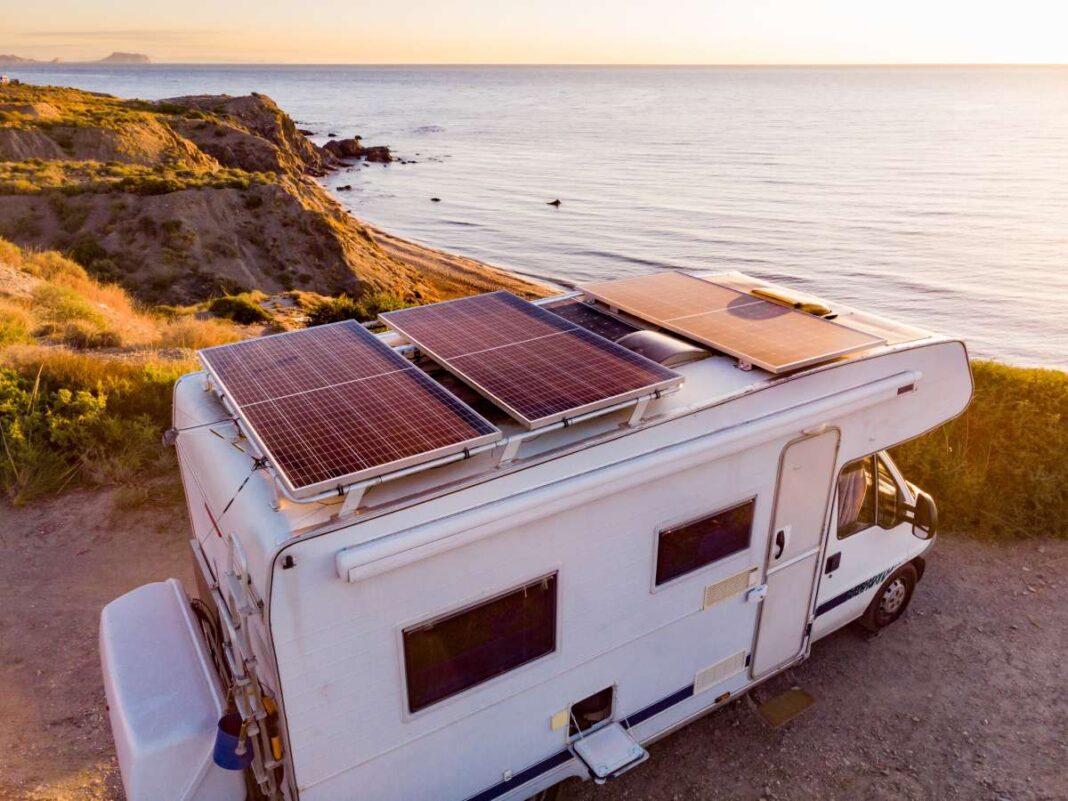The allure of the open road and the freedom to explore nature’s wonders make RVing a beloved pastime for many. However, with increasing awareness about environmental conservation, more travelers are looking for ways to minimize their ecological footprint. Embracing eco-friendly RVing not only protects the environment but also boosts the travel experience by fostering a deeper connection with nature.
The Benefits of Sustainable RV Living
Adopting eco-friendly practices in RVing offers numerous advantages:
- Environmental Protection: Sustainable travel helps preserve natural ecosystems and ensures that future generations can enjoy unspoiled landscapes.
- Cost Savings: Implementing energy-efficient solutions can reduce fuel consumption and lower expenses over time.
- Enhanced Experiences: Eco-conscious RVers often find that sustainable practices lead to a more fulfilling and responsible adventure.
Energy-Efficient Upgrades for Your RV
Lowering energy intake is a cornerstone of eco-friendly RVing. Consider these upgrades:
- Solar Panels: Installing solar panels allows RVers to harness renewable energy, reducing reliance on conventional power sources.
- LED Lighting: Switching to LED lights decreases energy use and extends bulb life.
- Energy-Efficient Appliances: Upgrading to appliances with better energy ratings can minimize power consumption.
Waste Reduction Practices
Minimizing waste is crucial for sustainable RV living:
- Reusable Products: Opt for reusable water bottles, utensils, and containers to eliminate single-use plastics.
- Recycling and Composting: Incorporate proper waste disposal methods into your routine. Use recycling facilities whenever available.
- Mindful Consumption: Plan meals to reduce food waste and buy in bulk using minimal packaging.
Water Conservation Techniques
Water is a precious resource, especially on the road:
- Low-Flow Fixtures: To decrease water use without sacrificing comfort, install low-flow faucets and showerheads.
- Greywater Recycling: Utilize systems to reuse greywater for non-potable purposes like flushing toilets.
- Conscious Usage: Be mindful of water consumption by taking shorter showers and fixing leaks promptly.
Responsible Campsite Behavior
Respecting the environment goes beyond your RV:
- Leave No Trace: Always follow the “Leave No Trace” principles, ensuring campsites are left as you found them.
- Stay on Designated Paths: Avoid damaging vegetation by camping and hiking on durable surfaces.
- Wildlife Respect: Observe animals from afar and never feed wildlife to maintain the natural ecosystem balance.
Eco-Friendly RV Storage Solutions
When not in use, your RV can still impact the environment:
- Choose Green Facilities: Opt for storage locations that invest in renewable energy and sustainable practices.
- Proper Maintenance: Regularly service your RV to reduce emissions and ensure optimal performance.
Selecting an Eco-Conscious RV
If you’re in the market for a new RV, consider models designed with sustainability in mind:
- Lightweight Materials: RVs built with recycled or sustainable materials reduce fuel consumption due to their lighter weight.
- Energy Efficiency: Look for features like double-pane windows and efficient insulation to maintain interior temperatures with less energy.
- Modern Technology: Some RVs now come equipped with solar panels and advanced energy systems straight from the manufacturer.
The Rise of Electric RVs
Advancements in technology are paving the way for electric RVs:
- Zero Emissions: Electric RVs offer the potential for completely emission-free travel, especially when charged with renewable energy sources.
- Innovative Models: Companies are developing electric RV prototypes that promise to revolutionize sustainable travel.
Planning for Sustainable Travel
Thoughtful planning can significantly reduce your environmental impact:
- Efficient Routing: Plan routes to reduce detours and limit fuel consumption.
- Eco-Friendly Campgrounds: Stay at parks that promote renewable energy and recycling programs.
- Local Exploration: Explore destinations on foot or by bicycle to reduce vehicle use.
Eco-Friendly Products and Gear
Choosing the correct products can make a great difference:
- Biodegradable Supplies: Use eco-friendly cleaning and personal care products to stop harmful chemicals from entering the environment.
- Sustainable Camping Gear: Invest in items made from recycled or sustainable materials.
- Solar-Powered Accessories: Utilize solar chargers and lights to reduce battery waste.
Conclusion
Embracing eco-friendly RVing is not just about preserving the environment; it’s about enhancing your travel experience and making a positive impact. By implementing sustainable practices, you contribute to the preservation of the very landscapes that make RVing so special. Every small step toward sustainability ensures that the open road remains inviting and pristine for future generations.

